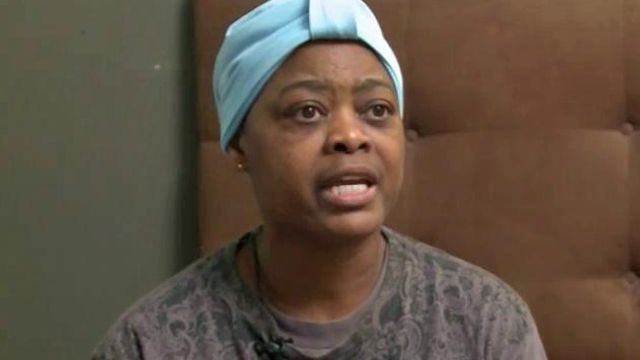UNC researchers asking women for after-death donation of tumors
For many women with advanced stage breast cancer, there's a time to plan their end-of-life care. But that doesn't mean they can't help other women diagnosed with the disease.
Posted — UpdatedDoctors say those women can make a special donation that may move researchers closer to a cure.
UNC's Lineberger Cancer Center researchers now approach many women like Williams about an after-death donation of their tumors. UNC breast cancer researcher Dr. Lisa Carey says studying end-stage tumors reveal how they evolve over time.
“We have the primary tumor, the original cancer. We often mostly don't have samples of the actual cancer once it comes back in an aggressive form,” Carey said. “To scientifically understand the actual cancer after it occurs is much more important than how it started.”
“That gives us some idea of when we give treatment and cancers become resistant, how they do it,” she added.
Carey says cancers often look different in the lungs, the liver or the brain.
“What are the shared features that cause it to be able to metastasize?” she said.
Those answers will come from women who are in end-of-life care, like Williams, who still want to fire a parting shot at breast cancer.
• Credits
Copyright 2024 by Capitol Broadcasting Company. All rights reserved. This material may not be published, broadcast, rewritten or redistributed.





